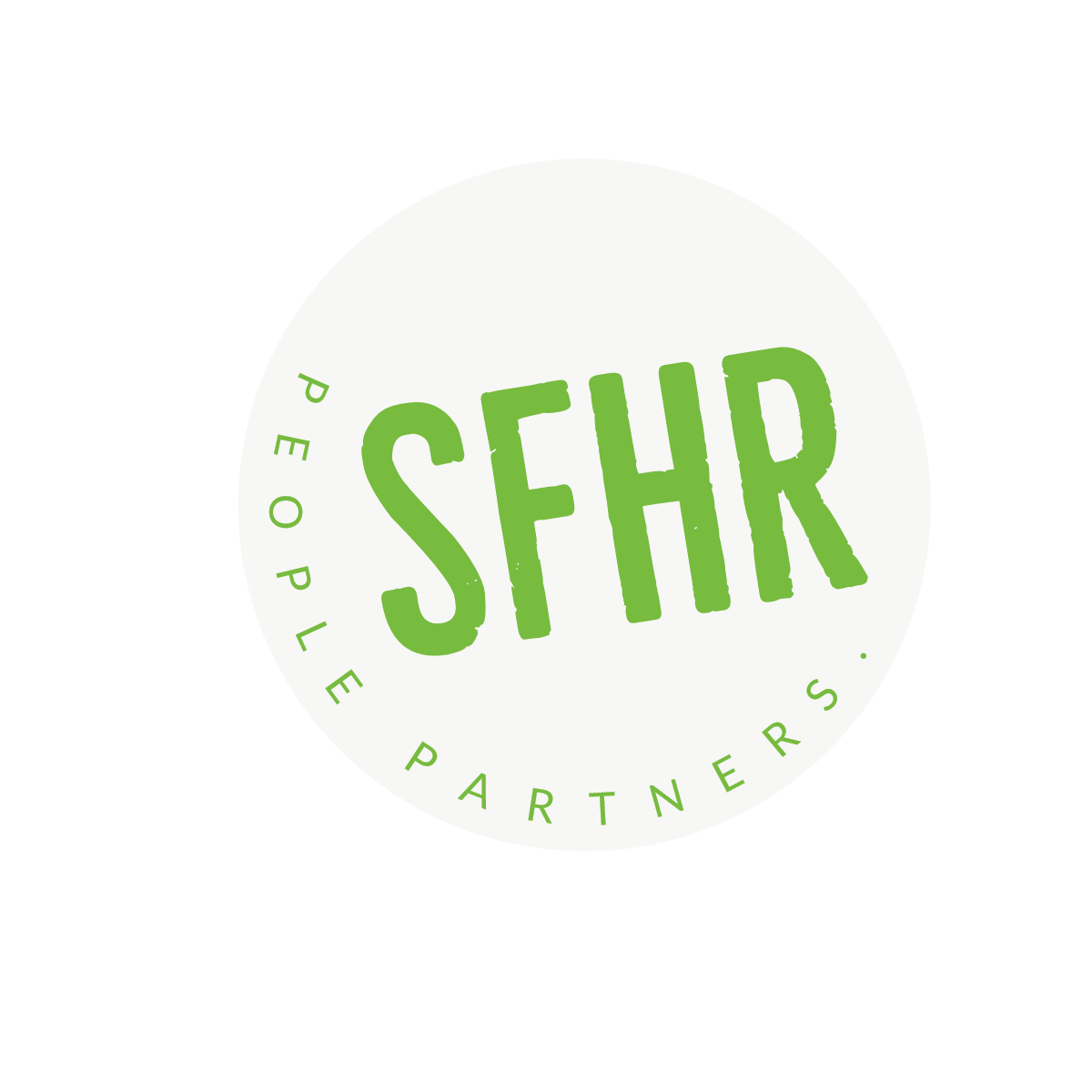As California gears up for 2025, significant changes in employment law are on the horizon. With a focus on artificial intelligence, privacy regulations, and industry-specific legislation, employers and employees alike should prepare for a transformative year ahead.
Key Takeaways
- AI Regulation: Expect renewed efforts to regulate AI in hiring and employment practices.
- Privacy Initiatives: California will ramp up privacy regulations affecting businesses.
- Fast Food Wage Debates: Ongoing discussions about minimum wage impacts in the fast food sector.
- Unionization Trends: Increased focus on collective bargaining and worker organization efforts.
AI Regulation Will Take Center Stage
California is poised to lead the way in regulating artificial intelligence in the workplace. Following the introduction of Assembly Bill 2930, which aims to require employers to notify workers when AI is used in hiring processes, lawmakers are expected to reintroduce similar legislation in 2025. This bill reflects a growing concern over the ethical implications of AI in employment decisions.
Additionally, Senate Bill 1047, which sought to impose safety tests on high-risk AI models, may also resurface. The state is likely to adopt comprehensive regulations that could surpass those of other jurisdictions, especially in the absence of federal guidelines.
Privacy Regulations Are Set to Expand
California’s privacy officials are advancing initiatives that will significantly impact businesses, particularly those utilizing automated decision-making technologies. The California Consumer Privacy Act (CCPA) will continue to evolve, with new rules expected to address how companies manage employee data. As privacy concerns grow, businesses must stay compliant with these changing regulations to avoid legal pitfalls.
Fast Food Wage Debates Intensify
The fast food industry in California is at a crossroads as the Fast Food Council evaluates the effects of the recent minimum wage increase to $20 per hour. Conflicting studies have emerged regarding the impact of this wage hike on employment and prices. While proponents argue that the increase has benefited workers without significant negative consequences, industry representatives claim it has led to job losses and higher consumer prices.
As discussions continue, labor advocates are pushing for further wage increases, potentially raising the minimum wage to $22.50 by 2025. This ongoing debate highlights the tension between labor rights and business sustainability in California’s fast food sector.
Unionization and Worker Organization Efforts
With a new administration on the horizon, California is expected to see a resurgence in unionization efforts. Labor advocates are likely to explore creative legislative avenues to establish specific working standards across various industries. The recent establishment of a Fast Food Council serves as a model for similar initiatives in other sectors, particularly as the state prepares for the 2028 Summer Olympics.
Conclusion
As California navigates the complexities of employment law in 2025, businesses must remain vigilant and adaptable. The anticipated changes in AI regulation, privacy laws, wage standards, and unionization efforts will shape the employment landscape significantly. Employers should prepare for these trends to ensure compliance and foster a fair working environment for all employees.
